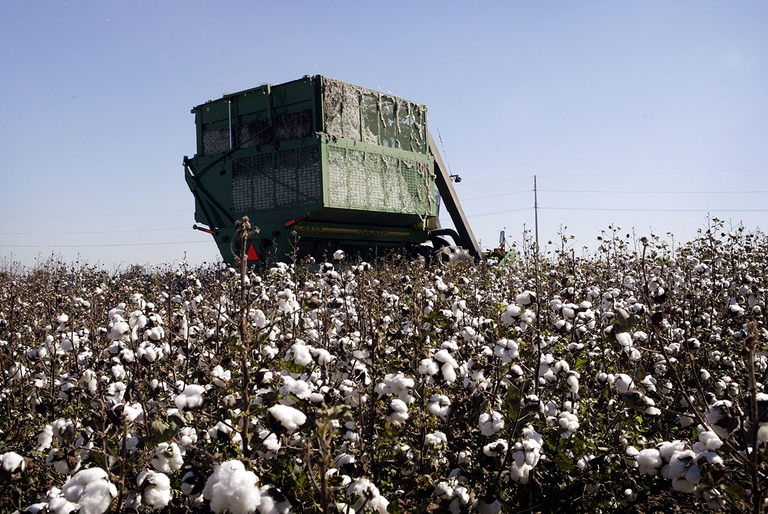
Il glifosato è stato autorizzato per altri cinque anni in Europa. I paesi hanno raggiunto la maggioranza qualificata grazie (o a causa del) al cambio di rotta della Germania.
Any decision on whether to extend the license to use glyphosate in Europe, expected on 8 March, has been put off due to the rising opposition of member states – including France, Sweden, Netherlands and Italy – as well as the pressure of some parliamentary groups including the Socialists and the Democrats. This is what spokesman
Any decision on whether to extend the license to use glyphosate in Europe, expected on 8 March, has been put off due to the rising opposition of member states – including France, Sweden, Netherlands and Italy – as well as the pressure of some parliamentary groups including the Socialists and the Democrats. This is what spokesman of the Progressive Alliance of Socialists and Democrats Pavel Poc said, as reported by ANSA. The damages glyphosate causes on people’s health have been pointed out by the International Agency for Research on Cancer (IARC), part of the World Health Organisation (WHO), which classified the herbicide as “probably carcinogenic to humans”.
Initially, a new 15-year license by the European Commission was taken for granted. But things changed as the opposition got stronger, given the need of granting the precautionary principle to all European citizens. The existing license expires at the end of June.
“We know that more and more states are becoming aware of the risks glyphosate poses and are worried about their citizens’ health,” concluded Poc. “Public health must be a priority. We’ve already learnt this lesson with DDT (dichlorodiphenyltrichloroethane) many years ago. We should not bring future generations to face useless risks”.
Similarly, Federica Ferrario, Greenpeace Italia Responsible for the Sustainable Agriculture Campaign, said: “It would be insane renewing the license for glyphosate without the analysis of the European Chemicals Agency (ECHA). As long as there are conflicting scientific stances, glyphosate should not be approved in the EU”.
Therefore, it’s too early to call it a victory, since the definitive decision has been postponed to May. But glyphosate, which is now present in gardens, parks and schoolyards, as well as in the fields where food and raw materials are cultivated for the production of clothes and cosmetics, could be soon banned. Over the last 10 years, more than 6,000 tonnes of glyphosate have been sprayed all over the world.
Siamo anche su WhatsApp. Segui il canale ufficiale LifeGate per restare aggiornata, aggiornato sulle ultime notizie e sulle nostre attività.
![]()
Quest'opera è distribuita con Licenza Creative Commons Attribuzione - Non commerciale - Non opere derivate 4.0 Internazionale.
Il glifosato è stato autorizzato per altri cinque anni in Europa. I paesi hanno raggiunto la maggioranza qualificata grazie (o a causa del) al cambio di rotta della Germania.
A study conducted by the Heinrich Böll Foundation discovered that 99.6% of German people has glyphosate residues in urine. Most of them are those who eat meat, because of animal feed containing GM soy and corn.
Stop glyphosate before it’s too late. A group of associations has launched a petition to ask the European Commission to refuse the authorisation for using the weed killer.
South African court dismisses a major lawsuit by 140,000 Zambian women and children against Anglo American for Kabwe lead poisoning. A setback for affected communities enduring the lasting impact of lead contamination.
Controversial African land deals by Blue Carbon face skepticism regarding their environmental impact and doubts about the company’s track record, raising concerns about potential divergence from authentic environmental initiatives.
Majuli, the world’s largest river island in Assam State of India is quickly disappearing into the Brahmaputra river due to soil erosion.
Food imported into the EU aren’t subject to the same production standards as European food. The introduction of mirror clauses would ensure reciprocity while also encouraging the agroecological transition.
Sikkim is a hilly State in north-east India. Surrounded by villages that attracts outsiders thanks to its soothing calmness and natural beauty.
To prevent the risks of glyphosate, a carcinogenic herbicide used in transgenic crops, the European Parliament opposes the import of three GM soybeans.







